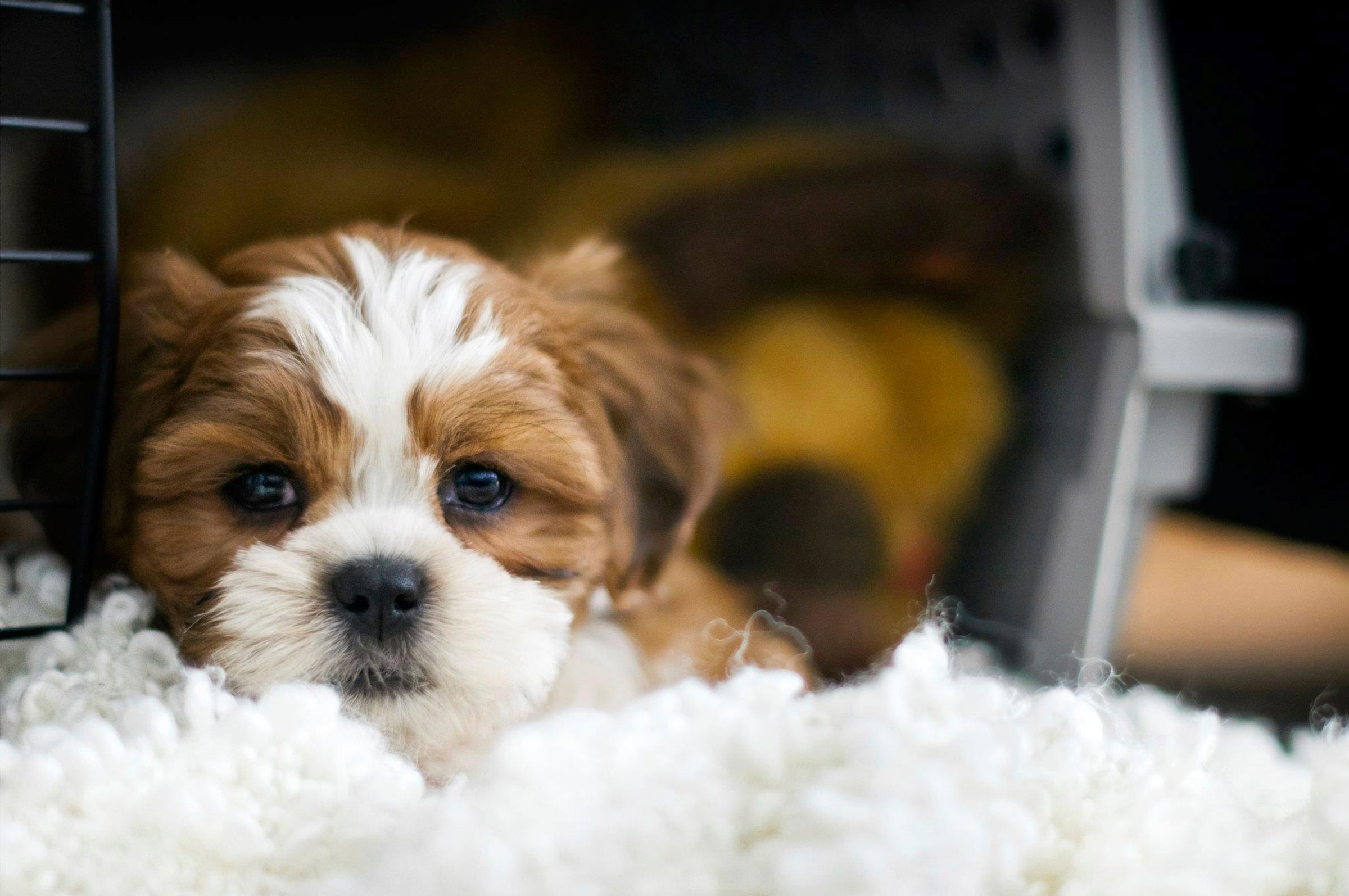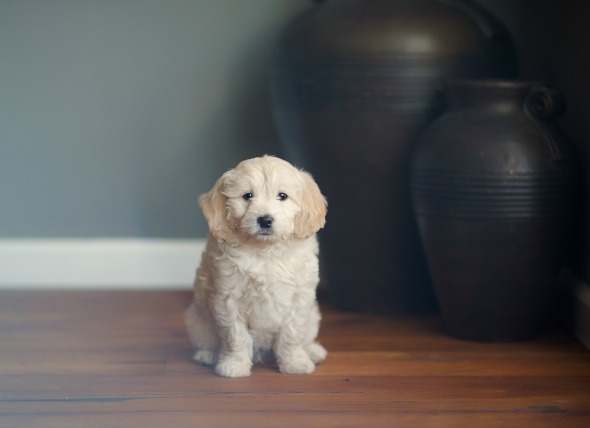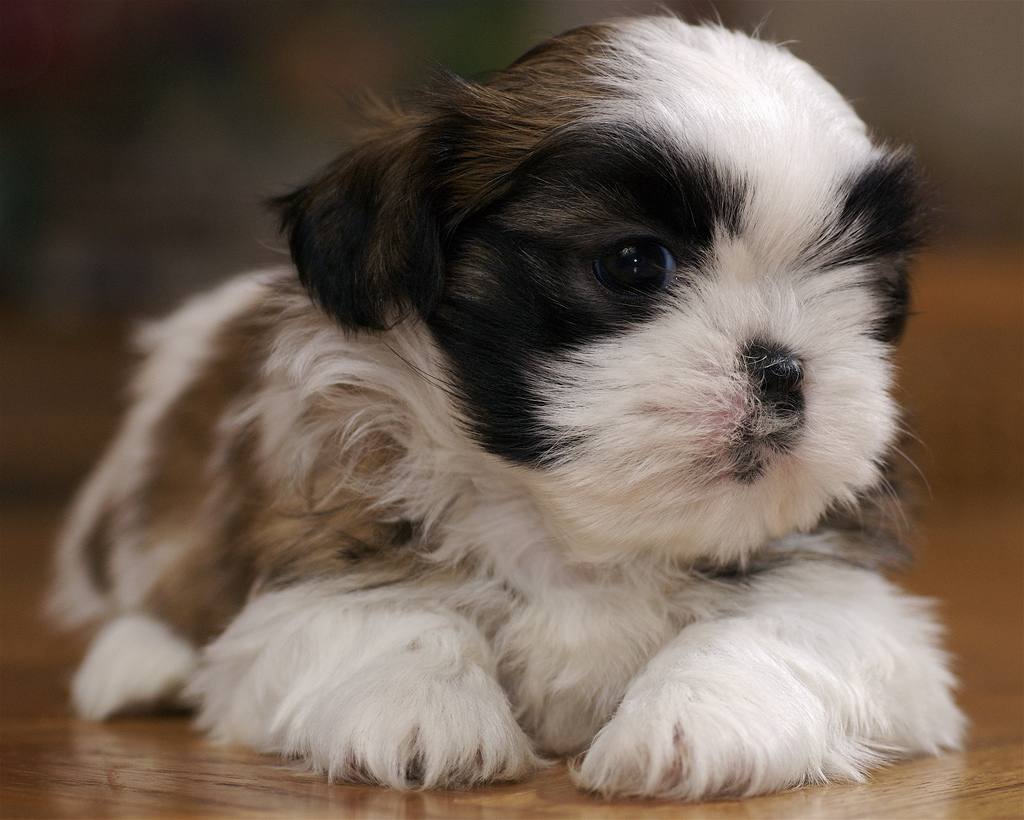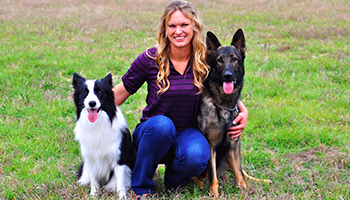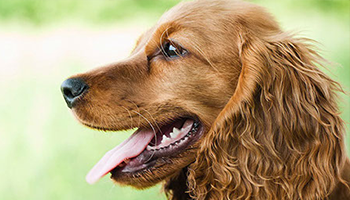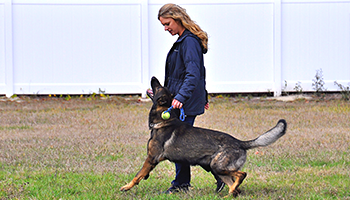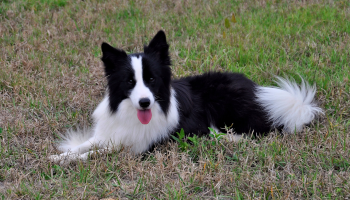Can you teach a puppy how to hold it in before heading outside for walks, or even use a dedicated spot in the home to go potty?
According to SuperDog Center, the answer is yes – but with the right training method, of course.
Similar to training a toddler to use the potty, pet owners shouldn’t expect for this achievement to happen overnight.
There will be a lot of slip ups in the process, but it’s important to keep these three pieces of advice in mind: → Be Patient → Be Consistent → Be Proud
When house training your puppy, it’s really important to give positive reinforcement when they do a job well done. This can be in the form of treats or good tummy rub. With this “royal” treatment, your pup will run through hoops to make you smile.
When to Start House Training Puppy
When is too young to house train a pup?
At SuperDog Center, we believe the ideal age and window of opportunity to get the process started is between 12-16 weeks old.
Bear in mind: success won’t typically happen until around 4-6 months and for some pets, it could take up to a year.
What Factors Play a Role in Crate Training Puppy?
For new pet parents, knowledge is power to help you navigate the challenge of house training. Take the following influences as examples:
- The Pup’s Size and Breed – Smaller pups will need more attention during crate training, because of their natural born build. Small breeds have smaller bladders and expedited metabolic rates. As a result, you will need to take more walks during the initial stages of training.
- The Past Living Environment – The previous living environment can also contribute to how well your pup adjusts to the new rules. As the saying goes, old habits die hard. This is where a professional puppy trainer comes in. At SuperDog Center, we can intervene to help well-meaning parents unleash good habits in a gentle and firm manner.
Tips and Tricks for House Training Puppy
- Be Proactive – Stay on alert and look for any signs that your pup needs to go. If you notice fidgeting, whining, or any off behavior, take a quick stroll outside.
- Keep the Perimeters Confined – While your pet is still small and young, consider crate training to restrict the space where accidents may happen. Be sure to take frequent walks and choose a spacious crate where your pup will be comfortable. When the house training is complete, he or she may graduate and roam free around the house.
- Reward Good Behavior – As suggested earlier, when your pup tells you they need to go in their own way and follows through with the expected steps, have your treats handy!
Get Professional Help If Needed
If you have tried house training at home, but the process is causing more problems than solutions, consult with SuperDog Center for help.
We are true puppy trainers who have helped countless pet owners in the area housebreak their pups and even older dogs. To get in touch for crate training puppy help, call (813) 778-3322.


